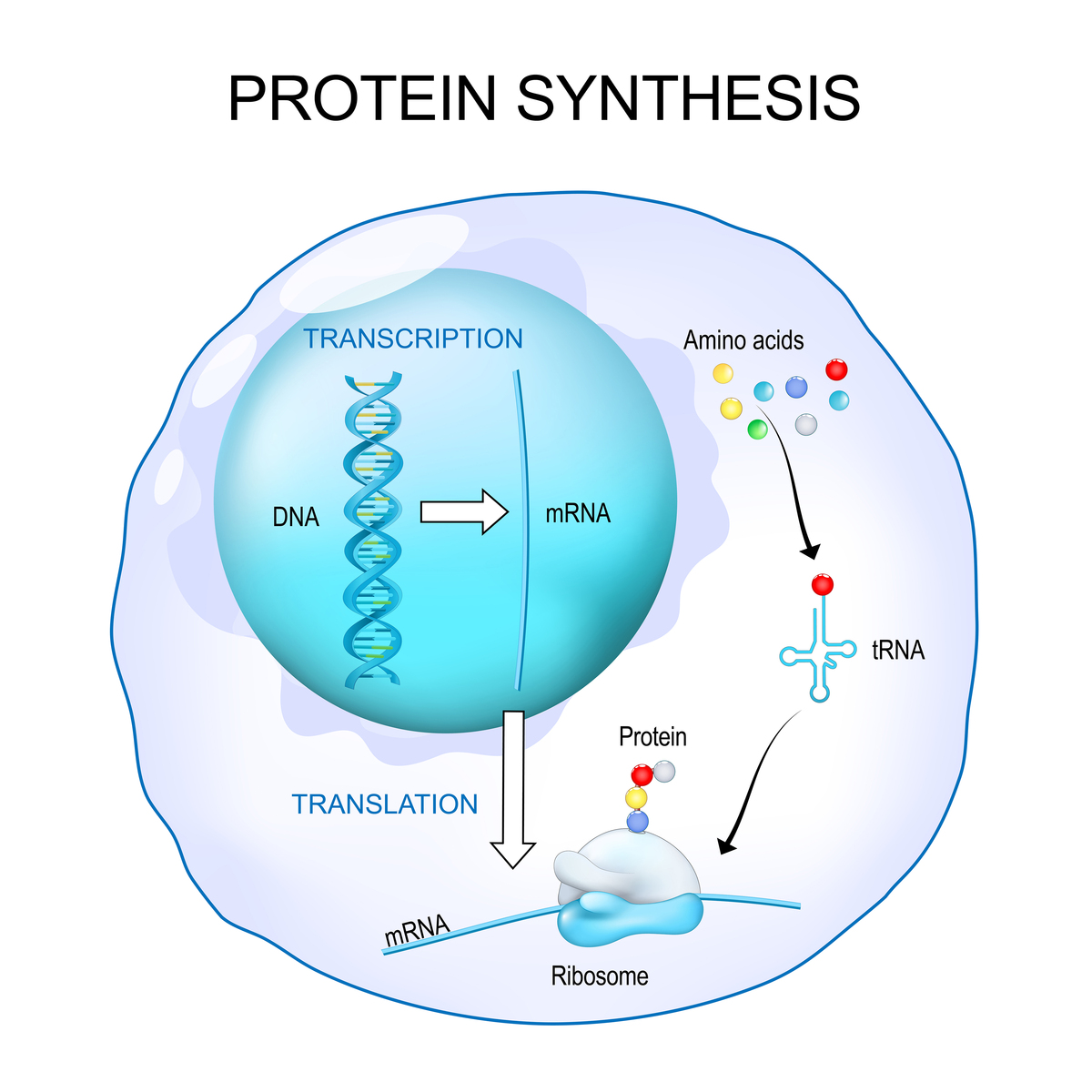Zirconia nanoparticles were prepared by applying ultrasound to enhance the reaction precipitation and crystallization process in a confined impinging stream reactor
In this study, zirconia nanoparticles were synthesized using an ultrasound-assisted reaction precipitation and crystallization process in a confined impinging stream reactor. The use of ultrasound in nanoparticle synthesis has gained significant attention in recent years due to its ability to enhance the reaction kinetics and improve the properties of the nanoparticles.
The confined impinging stream reactor is a continuous flow reactor that allows for precise control of reaction conditions, such as temperature, pressure, and residence time. This reactor consists of two concentric tubes, where the reactants are injected through the outer tube and impinge on a solid surface at the center of the reactor. This impinging action leads to intense mixing and mass transfer, resulting in rapid reactions and uniform particle size distribution.
In this study, zirconium chloride and ammonium hydroxide were used as the precursors for zirconia nanoparticle synthesis. The reactants were fed into the outer tube of the reactor, and ultrasound was applied to enhance the mixing and reaction kinetics. The ultrasound waves create cavitation bubbles in the reaction mixture, which leads to the generation of highly reactive species and promotes nucleation and crystal growth.
The effect of various process parameters, such as reactant concentration, reaction temperature, and ultrasound intensity, on the nanoparticle size and morphology was investigated. It was found that higher reactant concentrations and higher ultrasound intensities resulted in smaller nanoparticle sizes and narrower size distributions. The reaction temperature also played a significant role in determining the particle size and morphology.
The synthesized zirconia nanoparticles were characterized using techniques such as X-ray diffraction, transmission electron microscopy, and dynamic light scattering. The results showed that the nanoparticles were highly crystalline and had a narrow size distribution, with an average size in the range of tens of nanometers.
Overall, this study demonstrated the effectiveness of ultrasound-assisted reaction precipitation and crystallization in the synthesis of zirconia nanoparticles. The use of a confined impinging stream reactor allowed for precise control of reaction conditions, leading to the production of highly crystalline and uniform nanoparticles. The synthesized nanoparticles have potential applications in various fields, including catalysis, energy storage, and biomedical applications

原文地址: https://www.cveoy.top/t/topic/idyb 著作权归作者所有。请勿转载和采集!